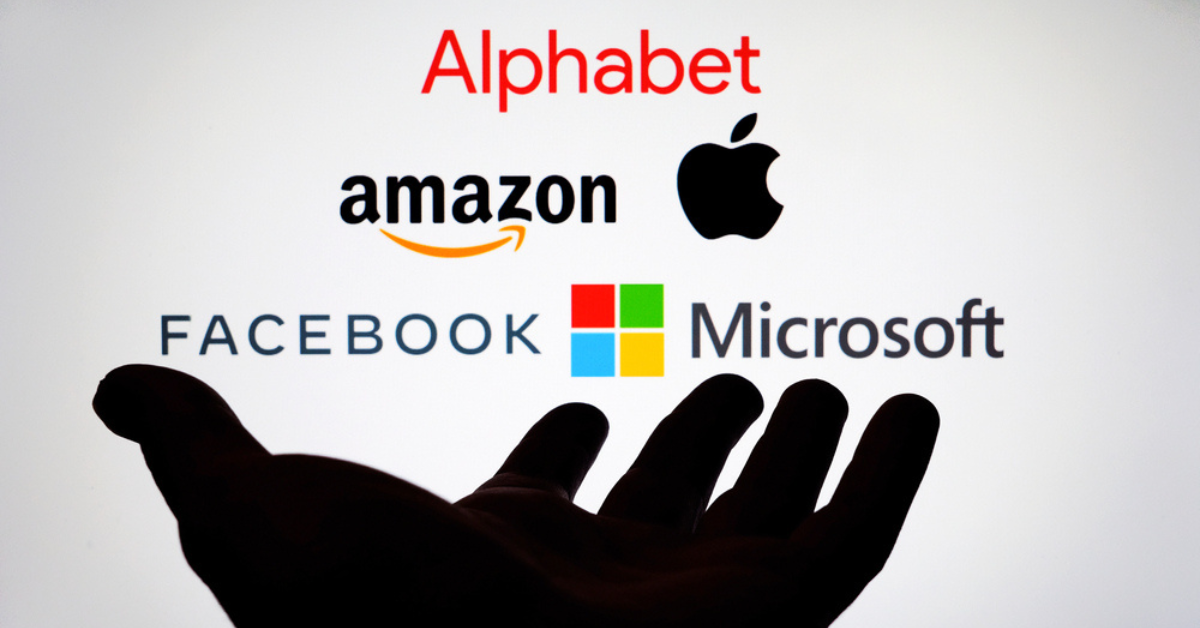SUMMARY
The Ministry of Corporate Affairs has sought public feedback on the draft bill and the report
till April 15
The draft Digital Competition Bill aims to rein in anti-competitive practices employed by big tech companies and other systemically significant digital enterprises
The report has recommended a new Digital Competition Act and entrusted a host of obligations and mandates on major big tech players
The Ministry of Corporate Affairs (MCA) on Tuesday (March 12) invited public comments on the report and the draft Digital Competition Bill submitted by the committee on digital competition law (CDCL).
The draft bill aims to rein in anti-competitive practices employed by big tech companies and other systemically significant digital enterprises (SSDE). The last date to submit the comments on the draft bill and the report is April 15.
The report and the bill were submitted to finance minister and corporate affairs minister Nirmala Sitharaman on February 27. The draft bill aims to regulate major entities based on their turnover, gross merchandise value, global market capitalisation, user numbers, and other factors.
A major takeaway from the report is the recommendation of a new Digital Competition Act to enable the Competition Commission of India (CCI) to “selectively” regulate large digital entities on an ex-ante basis.
For the uninitiated, ex-ante framework envisages the government taking measures before an issue occurs.
“The Committee further notes that the proposed Digital Competition Act should complement and strengthen the existing competition framework governing large digital enterprises by ensuring timely detection, enforcement, and disposal of proceedings in digital markets,” added the report.
Other major highlights and recommendations of the CDCL report include:
- Identifying quantitative thresholds (tests) for designating an enterprise as an SSDE under the new digital competition law
- Adopting a base value of $75 Bn for the determination of the value of global market capitalisation of a company under the financial test
- Base value of at least 1 Cr end users or at least 10,000 business users in India for the purposes of the significant spread test to determine SSDE
- All SSDEs should be obligated to institute a transparent grievance redressal mechanism
- Empowering the Centre to exempt certain enterprises (startups) or classes of enterprises from the purview of the draft bill
- The CCI ought to bolster its technical capacity to ensure early detection and disposal of cases, need for dynamic regulation making, among others
- Setting up a separate bench within the NCLAT for speedy disposal of appeals related to digital markets
The draft bill also entrusts the big tech giants with a slew of obligations, spanning aspects such as prevention of fraud, cybersecurity, prevention of trademark and copyright infringement, compliance to local laws, among others.
Alongside, these major entities will also have to comply with various rules, including the relevant provisions of the Digital Personal Data Protection Act, 2023. Under the draft rules, the SSDEs will also be barred from restricting the ability of end users and businesses to use third-party apps.
This comes close on the heels of a major standoff between Indian startups and Google after the latter began delisting apps from Play Store for non-compliance with the new user choice billing system.
The draft bill also empowers the CCI to order an inquiry into a big tech company for non-compliance of obligations. It also underlines penalties to the tune of 10% of the global turnover of SSDEs.
The Indian government set up the 16-member CDCL in February last year to examine the need for a separate law to regulate competition in digital markets. Over the past year, the panel received feedback from stakeholders before finalising the report and the draft bill.
The move is significant and comes amid the ongoing raging debate on competition laws. Apart from the recent standoff between startups and Google, a parliamentary panel also raised concerns over foreign-owned companies (Walmart-backed PhonePe and Alphabet-owned Google Pay) dominating the UPI payments space.
Besides, big tech companies like Meta and Apple are also facing antitrust probes in the country.



![[CITYPNG.COM]White Google Play PlayStore Logo – 1500×1500](https://startupnews.fyi/wp-content/uploads/2025/08/CITYPNG.COMWhite-Google-Play-PlayStore-Logo-1500x1500-1-630x630.png)